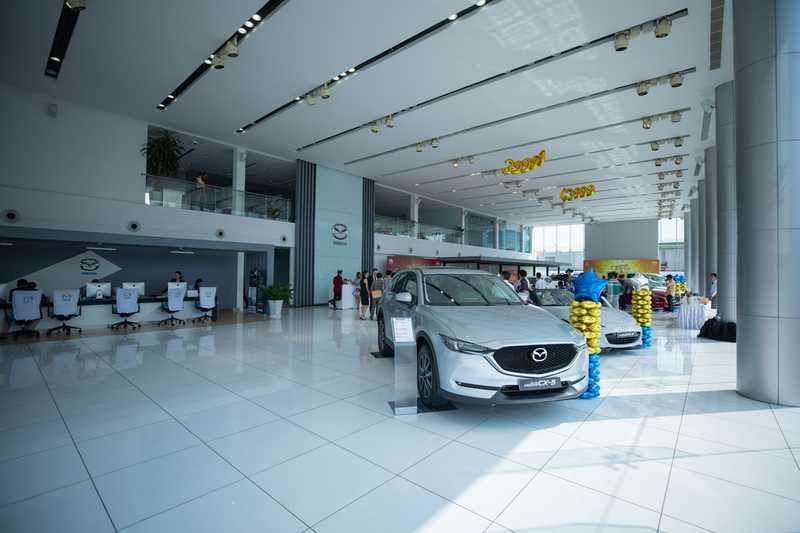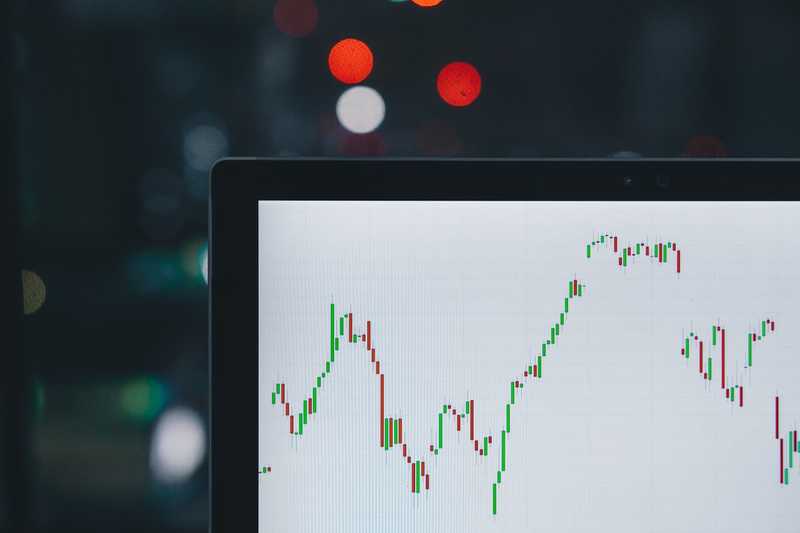Everyone has a dream purchase.
For some, it's a house, for others maybe a car, but for me specifically, it's a Tesla.
I'm not someone that cares a lot about cars, but ever since their first car was announced, Tesla has had me captivated. To me, Teslas represent an exciting fusion between technology and utility that goes far beyond the ordinary concept of a car. Not only that, but the push to normalize a completely electric vehicle at an affordable price point is something I can get behind.
So why did I empty the $20,000 account that I had saved for a Tesla?
Because the opportunity cost of buying a car was something I wasn't ready to pay.
Let me explain.
What is An Opportunity Cost?
An opportunity cost represents all of the potential benefits you miss out on when choosing one option over another.
Often when we're debating everyday situations in our heads, we're just weighing the opportunity costs of each decision.
Should you stay in and cook or go get takeout?
If you stay in and cook your opportunity cost is:
- The time you could have saved by picking up food
- The satisfaction of eating something you may have been craving
If you decide to get takeout your opportunity cost is:
- The money you could have saved staying in
- The nutrition you're passing on by not eating a home-cooked meal (Assuming you would have cooked something healthier than the takeout)
Considering opportunity costs when making big financial decisions can completely flip your view of a situation. Things that seem straightforward can end up being a lot more complex.
If you read my post explaining how to handle money, you know when handling money they're are a lot of situational decisions you need to make. That's because you always want to pursue the most valuable opportunities for your circumstances.
So what was it about the opportunity cost of buying a car that led me to abandon my dream purchase?
The Opportunity Cost of Buying a Car
Buying a new car is considered a cardinal sin when talking to most people tapped into personal finance.
And that's not without good reason.
Buying a brand new car is easily the worst purchase (in terms of value) that most people will make in their lifetime. Why?
- They're one of the most expensive assets a person can buy
- They have high recurring associated costs (maintenance, gas, parking, insurance)
- They depreciate faster than a rock sinks in water
This means buying a new car typically comes bundled with some very large opportunity costs, including passing up one of the largest single investment opportunities of your life.
The average price of a new car in 2020 was roughly $37,876. That's money that could be used in several different life-changing ways.
- Wiping out a significant amount of debt
- Being invested in the stock market
- Being used for a down-payment on a house (An asset with a much better ROI)
When you take time to think about it, the opportunity cost of owning a new car is absurd. We're talking about money that can potentially influence your finances for several years.
Why You Shouldn't Buy A Tesla
For awhile now, the Tesla Model 3 has been my dream car. It's of the only cars that genuinely excites me. They look cool and they're pretty affordable.
But I don't need one. In fact, it'd be downright idiotic for me to buy a Tesla right now. Here's why.

It's Not A Necessity
I live in Seattle. It's a very compact city that's easy to get around. I have never, and probably will never, need to own a car in this city. In addition to that, my girlfriend already has a car, public transportation is pretty decent, my job is walking (or biking) distance from our home, and pretty much every store or restaurant I could ask for is easily accessible without a car.
It's Too Expensive
Now I know just a few lines up I said the Tesla Model 3 was pretty affordable, but when you don't need one it starts to look a lot more expensive. Let's add up the costs:
- The Tesla Model 3 (Performance) was shaping up to be roughly $60,000, which I wanted to pay for in cash
- The full self-driving feature is an additional $10,000
- $200/month just to park the car in my apartment parking garage
- $130/month for car insurance
- Not to mention any maintenance fees or accessories I would need to get with the car
That would mean I would be paying more than $73,960 the first year and at least $3,960 every following year.
For what? Just to own a car I'm excited about? No way.
The Opportunity Cost Was Too Great
The price alone should have been enough to turn me away, but I knew $60,000 was a steep price going in. That being said, I felt like I had earned this purchase for myself.
I finally put the brakes on the plan once I realized what I would be giving up.
All of the money that would be going to this car (that I in no way needed), could be invested for an average return of about 10%. In addition to that, the several years that I would spend saving up for the purchase was valuable time in the market I would be giving up.
In the end, I had two options.
I could make a purchase that would cause me to start bleeding money, or I could propel myself into a significantly better financial position.
Once I stopped to think about it the decision was a no-brainer.
The very next day I had transferred all of my Tesla savings into my brokerage account and began to invest it.
Buying a Car Out of Necessity
In my case buying the Tesla was a completely frivolous purchase with very little upside outside of my personal happiness.
I realize that most people are buying a car out of necessity so they can get to work, transport their family, or just get around the city quickly.
Some common tips that can help reduce the opportunity cost of purchasing a car are:
- Buy a car used
- Buy a car that costs less than half your yearly salary
- Pay in cash
- Avoid predatory loans
If you have to buy a car, you want to make sure you think about the decision carefully. Just because you have the money to get a certain car doesn't mean you should get a certain car.
Make a compromise between getting a car you like and getting a car that makes sense for your financial situation
Delayed Gratification
It's only been a couple of months, but I have yet to look back on this decision regretfully.
I still want a Tesla someday, but for now, I'm going to focus on building my wealth and avoiding unnecessary financial burdens.
I can always save up to buy my dream car, but I will never have as much time to invest as I do today.
My situation will likely not be the same as yours, but hopefully, I was able to offer a different perspective on the idea of buying a new car.
Do you agree with my reasoning for not buying the Tesla? Why or why not? Send me an email and let me know your opinion!


